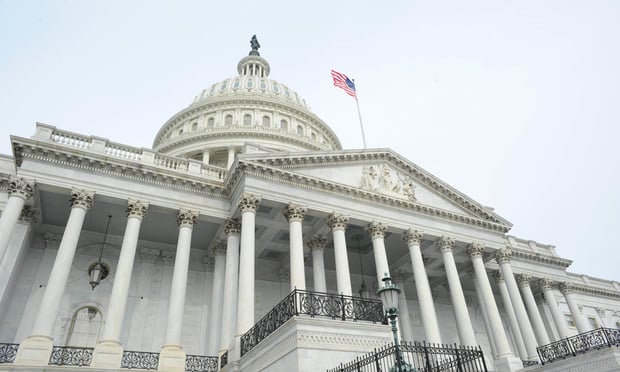SEATTLE — For some, being in the thick of things sometimes makes it hard to see the real impact later on down the road.
In a session titled "Lessons from Experience," some of the credit union's industry august veterans shared incidents that they either regretted and have learned from or have propelled them to keep pushing forward.
Rita Haynes remembers the bleak days in the late 1950s when Faith Community United Credit Union was on the verge of shutting down. Haynes came aboard as manager/CEO in 1959, seven years after the credit union was founded.
Recommended For You
"I didn't have a degree, I had two young babies," Haynes said. "There were some times when I didn't think the credit union would survive."
Despite operational and financial obstacles, she remained faithful to the credit union and has a special fondness for smaller credit unions. Today, Faith Community serves more than 6,000 members and has $10 million in assets. Haynes is immediate past chairman of the National Federation of Community Development Credit Unions.
Pete Crear, president/CEO of the World Council of Credit Unions, Inc. has an arsenal of memories having served 41 years in the movement, but an experience with an accounting instructor decades ago boosted his actions-speak-louder-than-words attitude. The instructor at a league's credit union management training school was tenacious, "mean" and gave Crear a very hard time, he recalled. Later, that instructor ended up working as a treasurer at a credit union where Crear was called in to balance its books. The instructor-turned-treasurer was so impressed with Crear's impeccable work, that he may have undergone a metamorphosis.
"He changed his thoughts on people of color," Crear said, adding the two would go on to become friends. "Chance favors those who are prepared. That's not mine. That's [renowned scientist Louis Pasteur]."
The aftermath of the Sept. 11 terrorist attacks on $1 billion Municipal Credit Union's ATM network is probably widely known in the credit union industry. What may not be as broadly known is president/CEO Bill Porter's refusal to bend when it came time to get the network back up and running within a certain budget limit. The credit union's chief technology officer said there was no way the network could be replaced with the money allotted. Porter told the CTO to make it work. Two weeks later, the CTO resigned. "The lesson learned is I should have communicated to the CTO that budget constraints would be lifted" once things got back to normal, Porter said. Following Sept. 11, many of Municipal's employees left, but Porter said what helped the credit union was having a strong succession plan in place.
© 2025 ALM Global, LLC, All Rights Reserved. Request academic re-use from www.copyright.com. All other uses, submit a request to [email protected]. For more information visit Asset & Logo Licensing.







